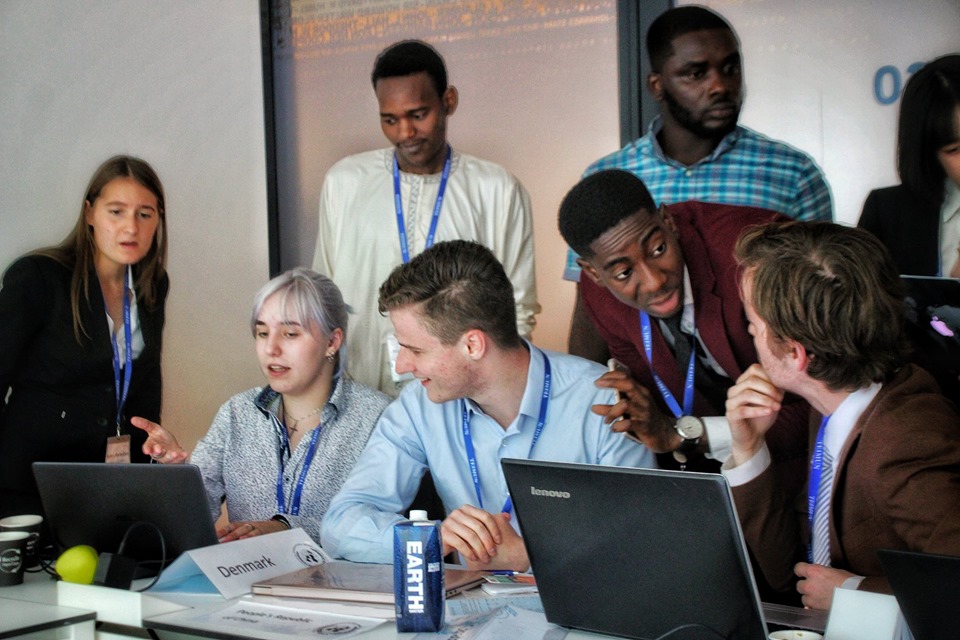Finding Your MUN Allies

So now that you’ve put forward the best application conceivable thanks to advice from our wonderful Participants Coordinator Non-Western, it’s time to actually attend the conference, hopefully in your first choice council. At this point, you’ve obviously packed your bags, put on UN underwear, found your way to the conference, were awestruck by the opening ceremony, and have found yourself sitting in the council room with your fellow delegates.
It should be dawning on you in this moment, if it hasn’t already, a sudden dread: in your excitement to apply, you’d forgotten that it was necessary to converse with your fellow delegates! But don’t worry, this little article is here to help you.
Finding your allies in MUN without a doubt is one of the most vital components of the experience, possibly even a foundational aspect. It is nigh impossible if not plain self destructive for one person to attempt to pass a resolution without the help of their fellow delegates; resolutions only pass after significant debate and revision after all.
Now the vital question: how to find and make these allies?
Well, firstly it begins before the conference, as you most likely should have been researching your position prior to arriving. In the course of this research, you most likely would have encountered countries who have, or who are likely to have, positions substantially similar to yours, and it would certainly behoove you to note these down.
If you haven’t done this, don’t worry for the crucial moment to find allies is actually at the very beginning of the first session: during the intro speeches. It is mere common sense that while people are speaking, you should take notes regarding their positions in order to ascertain where they stand in relation to yourself, and possibly noting down your enemies greatest weaknesses.
That being said, the issue is usually simple enough that there are only a few different sides to take, and it becomes rather obvious when someone conforms to your position.
The next step in this process is one where you put all this prep into action: once opening speeches are concluded, there should at some point come an unmoderated caucus (after a moderated caucus usually, but not necessarily). Once this fated unmod comes (as we in the business like to call it), you should be prepared to vault over your table and approach the nearest or strongest ally to your cause: it is with these people that you’ll find the greatest camaraderie, the heartiest laughs, the cleverest in jokes, and possibly form lifelong friendships. In the meantime, however, they are the people who will allow you to get a first draft of a resolution on paper, and the people who will defend it to death with you.
The exact method of approach is largely irrelevant; if you expressed positions similar to theirs, it’s likely that they would have noted you down as well, and were fully prepared to approach you as well.
And there you have it, those are the essentials to finding allies in MUN. After those initial moments, your friends and foes should solidify and from then on out it’s a matter of convincing others to join your (ill fated) cause. The most important things to remember are to do your homework and to pay careful attention during the opening moments of the council. Good luck!
– Dillon Fernandes, Participants Coordinator Western, Board of Directors 2019 / 2020